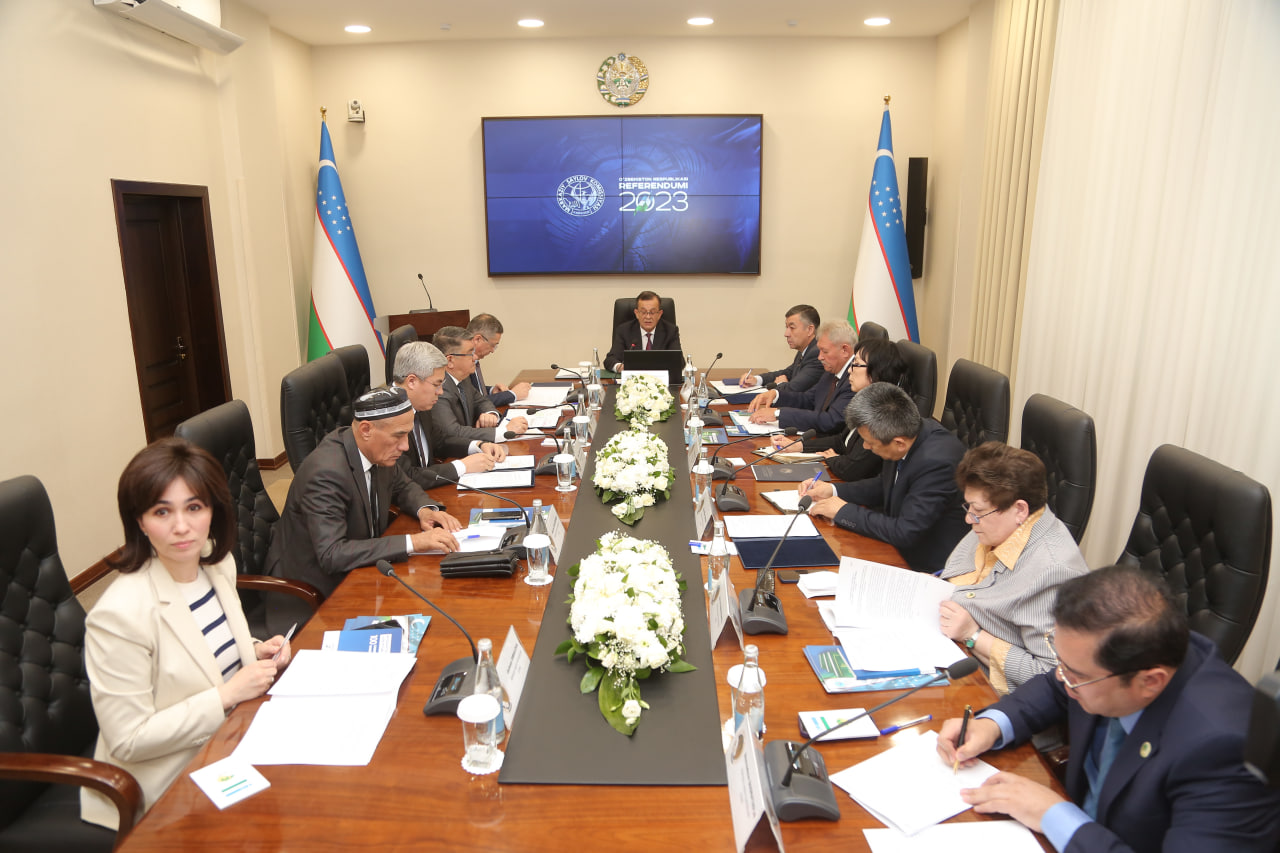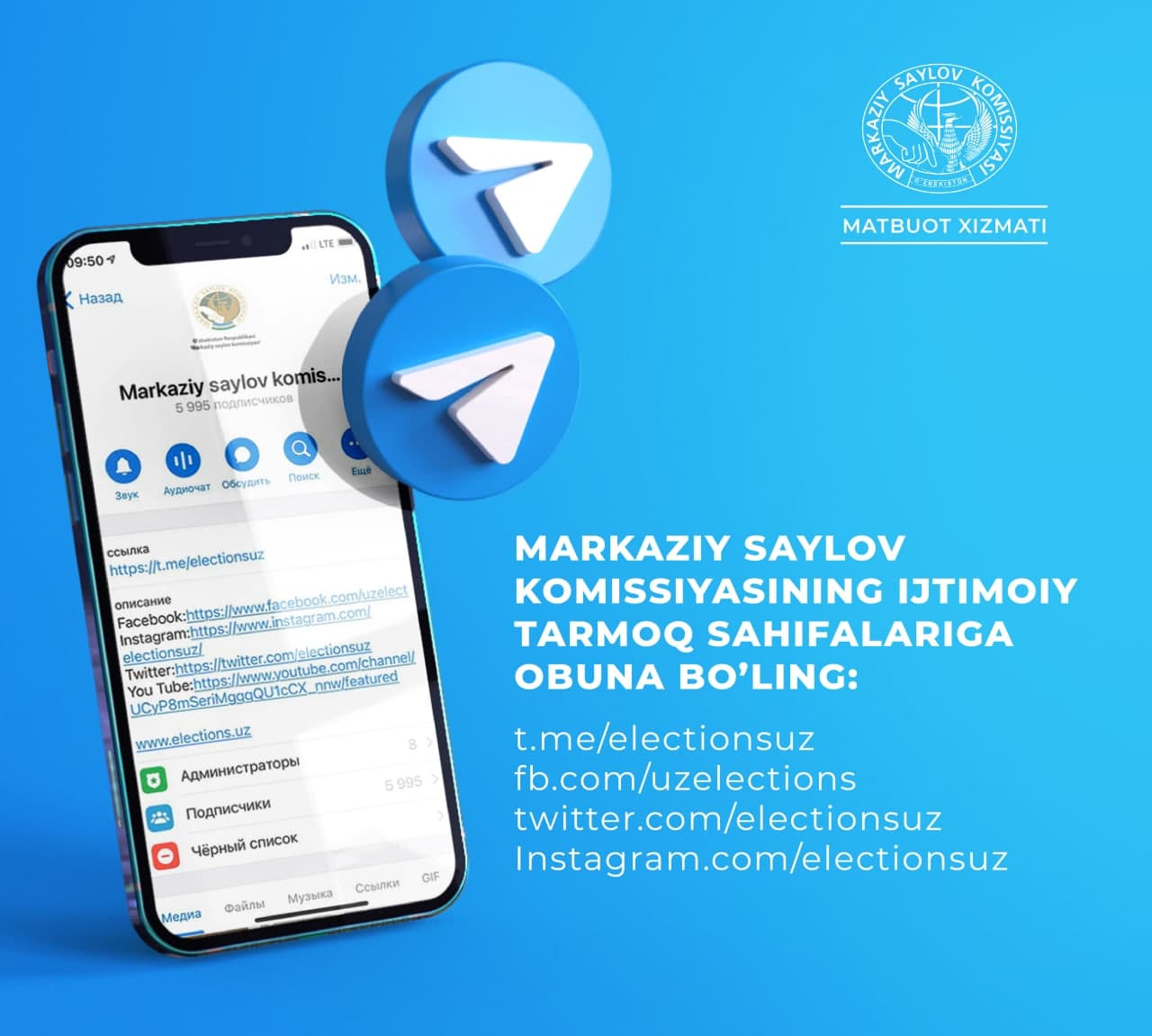 1056
1056

Today, on September 27, the first plenary session of “Democratic Institutions” was held. Within the framework of the meeting, participants’ speeches were presented on such topics as Democratic elections; Democracy at the national, regional and local levels; Equal participation in political and public life; National human rights institutions and the role of civil society in the protection of human rights.
As the moderator of the session, Ambassador Gesa Bräutigam, Permanent Representative of the Federal Republic of Germany to the OSCE, noted that the keynote speakers, the OSCE participating States committed to upholding the key principles of democratic elections as an essential element underpinning genuine democracy, and gave the ODIHR a mandate to support the implementation of election-related commitments through election observation and assistance in the implementation of assessments and recommendations.
New trends and concerns regarding participation rights and electoral integrity have attracted significant public attention in the OSCE region, including heightened interest in alternative voting methods due to the COVID-19 pandemic, the impact of new technologies and social media on voters and electoral processes, and an increasing global push for greater inclusion of underrepresented groups such as women, persons with disabilities, and youth and national minorities, including the Roma.
During the exchange of views on the issues of democratic elections, about 50 participants (mainly representatives of civil society institutions) spoke at the conference.
Among the participants of the plenary session, the report of the permanent member of the Central Election Commission G. Rakhimova was also distributed.
In terms of effective cooperation, special attention is paid to broader and fuller provision of the electoral right of citizens through further democratization of the national electoral system, harmonization of electoral legislation and practice with generally recognized international democratic standards.
Based on the results of monitoring each of the election campaigns, acceptable recommendations reflected in the final reports of the OSCE/ODIHR are being introduced into the national electoral legislation and practice, and the national legal framework for holding elections is being improved.
In recent years, Uzbekistan has gradually implemented a number of ODIHR recommendations on election observation.
In particular, taking into account the recommendations of the OSCE/ODIHR Final Report on the Observation of the 2019 Parliamentary Elections, a number of important legislative acts have been adopted aimed at improving the national electoral legislation.
The development by the Central Election Commission of a number of normative legal acts, incl. in a new edition, on the preparation and conduct of the presidential elections in 2021. These provisions, instructions, resolutions take into account a number of recommendations of the Final Report, provide for the organization and conduct of elections in the context of COVID-19, additional measures to ensure the voting rights of persons with disabilities, the introduction of electronic interactive services into the electoral process, video surveillance of voting and other new technologies.
And as a result, today 21 recommendations of the final report out of 32 have been adopted.
Currently, the Interdepartmental Working Group operates under the CEC to analyze in detail the final report of the ODIHR on the results of monitoring the presidential elections in 2021, study the recommendations contained in it and develop proposals for their implementation. This work, along with the participants of the electoral process, experts and specialists, representatives of political parties, civil society institutions, scientists and practitioners involved experts from UNDP, IFES, OSCE CP.
The work of the second day of the conference continued in the framework of additional meetings.






















